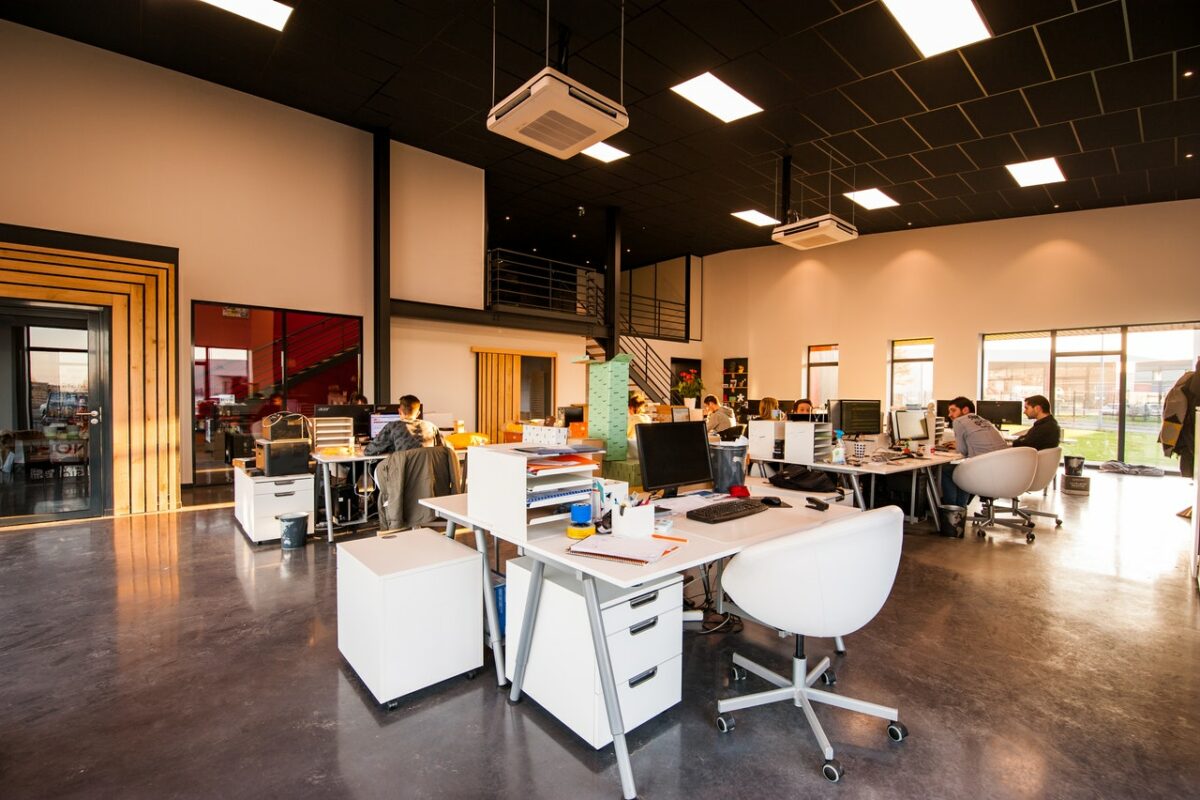Younger workers most reluctant to return to the workplace full-time

With current staff shortages across numerous industries as a result of the pandemic, younger workers are more reluctant than their older colleagues to return the workplace full-time as employers seek to encourage staff back into the office, the ADP® Research Institute’s People at Work 2022: A Global Workforce View reveals.
According to the survey of almost 1,400 18+ workers, nearly two thirds (63%) of 18-24 year olds and one in six (61%) of 25-34 year would consider looking for another job if their employer insisted on a full-time return to the workplace, compared to 47% of the 45-54 age bracket.
Overall, over half of the UK workforce (59%) have already, or would consider, looking for another job if their employer stipulated that they must come in to work on the premises every day.
The report explores employees’ attitudes towards the current world of work and what they expect and hope for from the workplace of the future.
Sirsha Haldar, General Manager, ADP UK, Ireland & South Africa, comments:
“Throughout the Covid-19 pandemic, the question of whether workers can be asked or compelled to return to the workplace if they don’t need to has been fraught with controversy. For many it could be a pivotal issue, potentially triggering a decision to leave.”
“These findings run counter to assumptions in some quarters that younger people are desperate to return to the workplace for both social and career progression reasons.”
“Whether this reluctance is due to health worries or other causes would be worth investigating before employers make any firm decisions, in order to alleviate any concerns and find a way forward that suits both the business and staff.”
“This will worry managers who know how especially important it is for young people to be surrounded by peers and superiors to learn and gain experience and create networks early on in their careers.”
“If they fear young people are becoming more insular as a result of the recent disruption to their professional development and relationships, employers will need to find new ways to encourage them back to an in-person environment, engage them once there and help rebuild lost confidence and skills.”
“For example, having accessible human capital management data to create visibility around individuals and teams could help to inform decision-making, build a more connected internal culture and enhance trust and loyalty between employers and staff.”











Responses